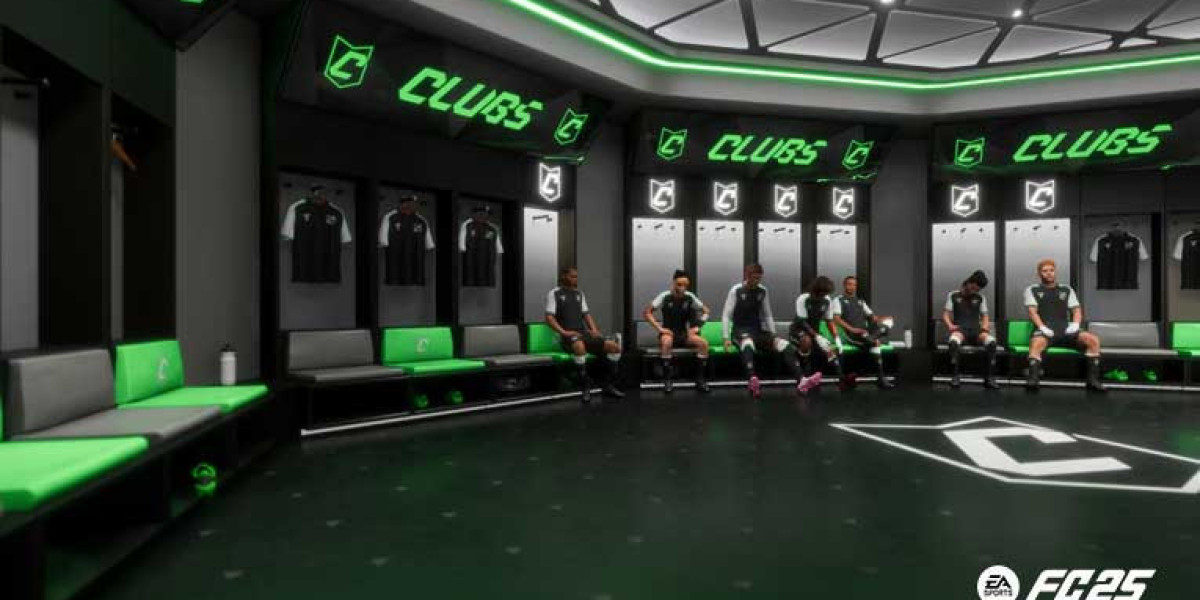In today’s fast-paced business environment, companies are constantly seeking innovative ways to stand out and improve their operational efficiency. One of the most exciting technological advancements revolutionizing various industries is extended reality (XR) solutions. Extended reality, which encompasses virtual reality (VR), augmented reality (AR), and mixed reality (MR), is changing the way businesses interact with customers, streamline operations, and enhance their product offerings.
What Are Extended Reality Solutions?
Extended reality solutions combine the physical world with the digital realm to create immersive experiences. These technologies offer new ways for businesses to engage with users, providing opportunities to deliver content, information, and services more effectively than ever before. Whether it's through fully immersive VR experiences, AR overlays that enhance physical environments, or MR solutions that blend both worlds seamlessly, extended reality has the potential to reshape industries.
Driving Business Innovation Across Industries
The adoption of extended reality solutions is transforming business innovation in several key sectors. Let’s take a look at how XR is making waves in various industries:
1. Retail and E-Commerce
Retailers are increasingly using AR and VR to enhance the shopping experience. For example, virtual fitting rooms allow customers to try on clothes or see how furniture fits in their home using their smartphones or AR glasses. These XR solutions improve customer satisfaction and reduce return rates by helping customers make better purchasing decisions. Additionally, virtual stores are becoming a viable alternative to physical locations, enabling businesses to reach a global audience without geographical limitations.
2. Healthcare and Medicine
In healthcare, extended reality solutions are improving training, diagnosis, and patient care. Medical professionals are using VR simulations for training, allowing them to practice complex surgeries in a risk-free environment. AR is also being used during surgeries to project vital information or 3D models of organs directly into the surgeon’s field of vision. XR technologies are also enhancing patient care, with VR helping patients manage pain or anxiety during treatments.
3. Real Estate and Architecture
Extended reality is revolutionizing the way real estate professionals showcase properties. Through immersive VR tours, potential buyers can explore homes and commercial spaces from anywhere in the world. AR also plays a role in interior design by allowing clients to visualize how different layouts, furniture, or color schemes will look in their space before making a decision. This technology is also used in construction to monitor progress and identify potential issues, ultimately reducing costs and improving project timelines.
4. Manufacturing and Engineering
In manufacturing, extended reality solutions are enhancing the design and assembly process. Engineers use MR to visualize products in 3D, detecting flaws early in the design phase and saving time in production. In assembly lines, AR glasses help workers by providing real-time instructions and feedback on tasks, improving efficiency and reducing errors. XR also plays a role in training employees by simulating real-world environments and allowing them to practice in a safe, controlled space.
5. Education and Training
The education sector is another area where XR is making a profound impact. Virtual classrooms and training programs allow students to interact with immersive content, providing a deeper understanding of complex subjects. For corporate training, VR and AR are used to simulate real-world scenarios, helping employees build critical skills without the risks associated with live training. This approach enhances engagement and retention rates while reducing training costs.
Enhancing Customer Engagement and Interaction
One of the most significant benefits of extended reality solutions is their ability to improve customer engagement. By offering unique, immersive experiences, businesses can create lasting impressions on their audiences. For example, companies can host virtual product launches, allowing customers to interact with products before they hit the market. Additionally, XR-powered customer service solutions can provide virtual assistants or help desks, giving customers an interactive experience that’s more personal and efficient than traditional methods.
Overcoming Business Challenges with Extended Reality
Adopting extended reality solutions can also help businesses address some common operational challenges. For instance, remote collaboration has become more critical than ever, and XR technologies enable teams to work together in virtual environments, regardless of their physical location. This helps foster innovation and enhances productivity, especially in industries that require heavy collaboration between remote workers.
Furthermore, XR technologies enable businesses to visualize complex data and processes, making it easier to identify areas for improvement. This ability to turn abstract concepts into tangible experiences can lead to better decision-making, faster problem-solving, and more effective business strategies.
The Future of Extended Reality in Business
The future of extended reality solutions in business is bright. As XR technologies evolve, they will become more accessible and affordable, allowing businesses of all sizes to leverage these powerful tools. With advancements in hardware, software, and content creation, the potential for XR to disrupt industries and drive innovation is limitless.
In the coming years, we can expect to see even more companies embracing XR as a core component of their business strategy. Whether it’s creating immersive customer experiences, improving employee training, or driving operational efficiencies, extended reality will continue to shape the future of business innovation.
Conclusion
Extended reality solutions are no longer just a futuristic concept—they are here and are already making a significant impact on business innovation. From enhancing customer experiences to streamlining operations, XR technologies are opening up new opportunities for businesses to grow and evolve. As these technologies continue to improve and become more widespread, their potential to transform industries will only expand. By adopting extended reality solutions, businesses can stay ahead of the curve and remain competitive in a rapidly changing world.
By incorporating the keywords "extended reality solutions" naturally throughout this article, the content remains SEO optimized while delivering valuable, humanized insights into how XR is transforming the world of business.








